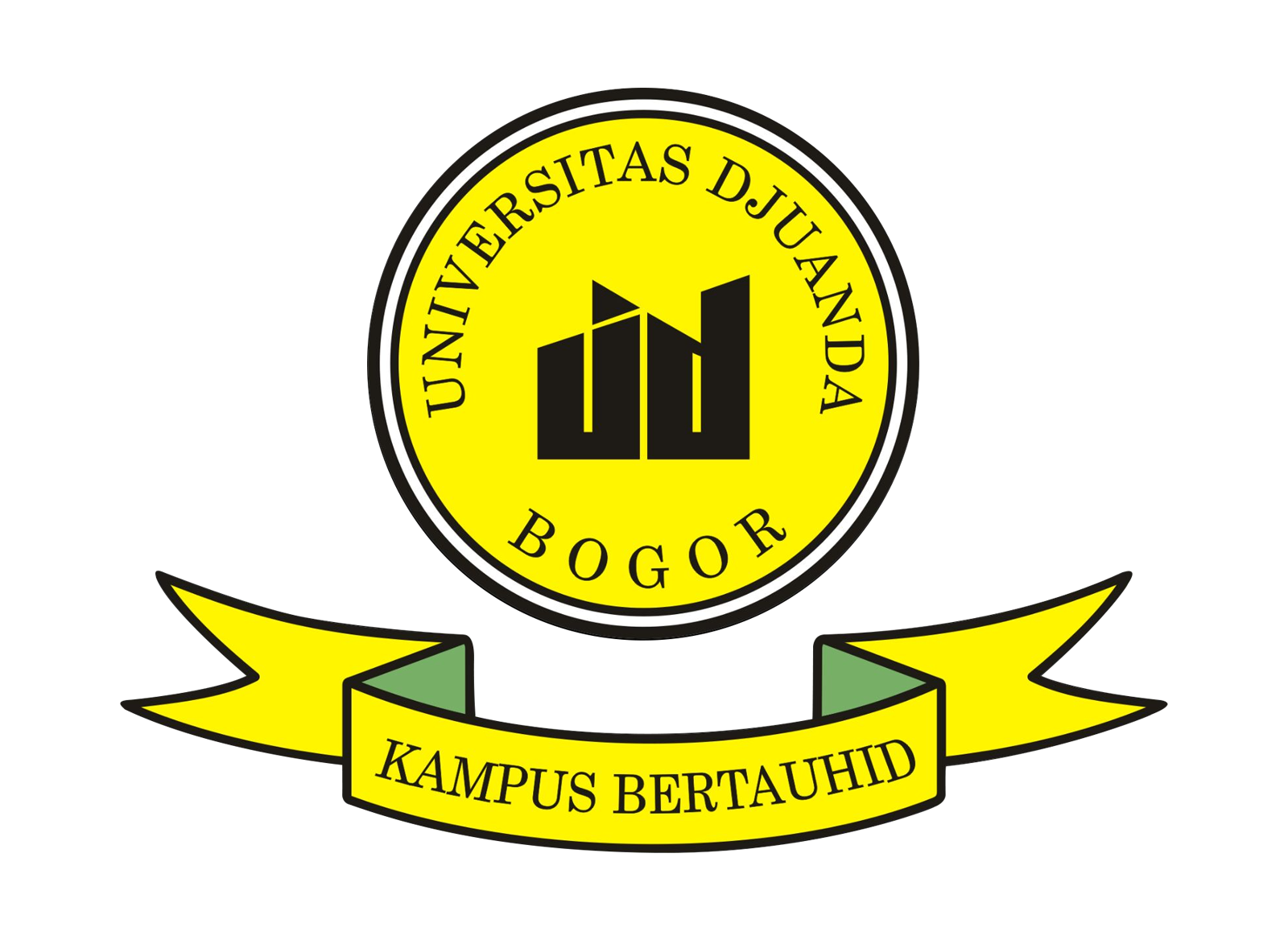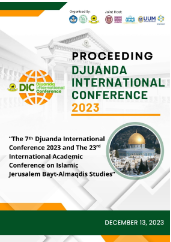DEVELOPING STUDENTS' NUMERACY SKILLS THROUGH NUMERACY LEARNING ENVIRONMENT
Keywords:
Numeracy Skills, Learning Environment, Numeracy Learning EnvironmentAbstract
Background: Numeracy skills are one of the abilities measured in the Asessment Kompetensi Minimum (AKM). Numeracy skills need to be developed because numeracy skills are competencies needed as 21st Century life skills where numeracy skills help students to develop logical and creative thinking in daily activities. Numeracy skills can be developed through a numeracy learning environment that is applied in learning activities at school.
Purpose: Knowing how the numeracy learning environment can develop numeracy skills in school learning activities.
Methodology: This research uses the literature review method which is a method of synthesizing, identifying, and evaluating the work or research results and thoughts that have been produced by other researchers in a particular context. The sources of literature used are literature derived from various journal articles both nationally and internationally.
Results: The numeracy learning environment can develop students' numeracy skills through the implementation of several aspects or psychosocial dimensions consisting of self-development aspects where students personally strive to develop numeracy skills. In this aspect, the development of students' basic mathematical abilities such as communication, representation, mathematization and reasoning and argument is carried out. While the relationship aspect emphasizes learning activities in the classroom in the form of student interactions as individuals with other individuals, both peers and teachers as educators in an effort to develop students' understanding and numeracy skills. Classroom activities can include collaboration in solving problems, project-based learning, class discussions, peer tutoring, collaborative activities and group evaluation. The last aspect, system maintenance and change, emphasizes the extent to which the learning environment focuses on students and provides opportunities for all students to have equal opportunities in learning. Activities undertaken in this aspect can include providing equal opportunities for all students to develop mathematical understanding and skills, regardless of background, ability or other personal characteristics.

